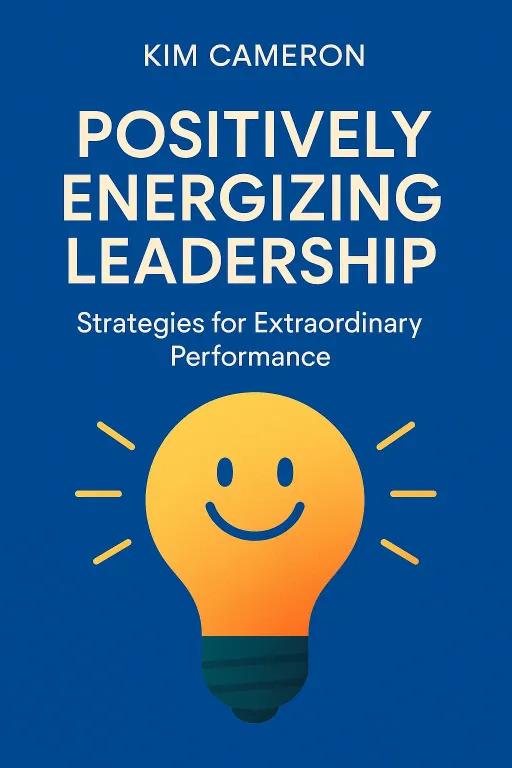
Positively Energizing Leadership
Kim Cameron
Discover the power of positive energy in leadership and its impact on organizational performance. This book provides evidence-based strategies for leaders to cultivate positive relational energy, foster virtuous behaviors, and achieve extraordinary results in their organizations, even in challenging times. Learn how to assess, develop, and implement positively energizing leadership to elevate performance and enhance well-being in various settings.
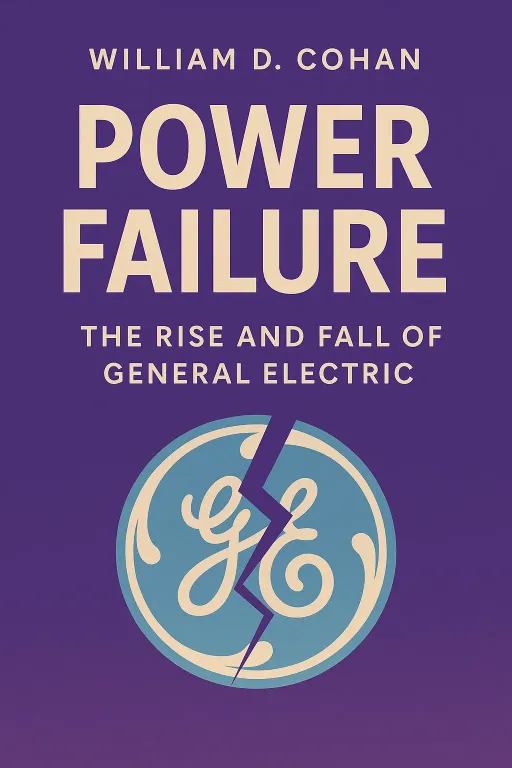
Power Failure
William D. Cohan
A cautionary tale about hype, hubris, blind ambition, and the limits of believing a flawed corporate mythology, Power Failure: The Rise and Fall of General Electric tells the story of GE's glorious rise and distressing fall, from its technological innovation and entrepreneurial drive to its unchecked egos and corruption.
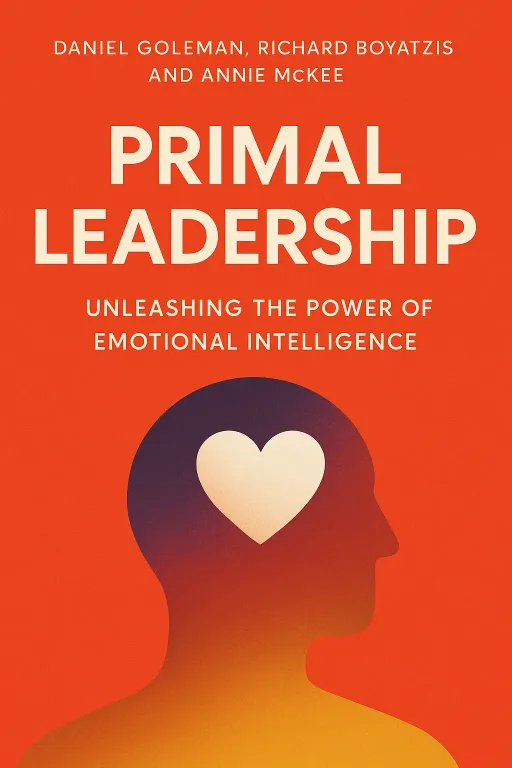
Primal Leadership
Daniel Goleman
Discover how emotionally intelligent leadership drives resonance, performance, and success for individual leaders, teams, and entire organizations. Explore the neurological mechanisms behind primal leadership and learn how to cultivate leaders who generate emotional resonance, fostering environments where people flourish.
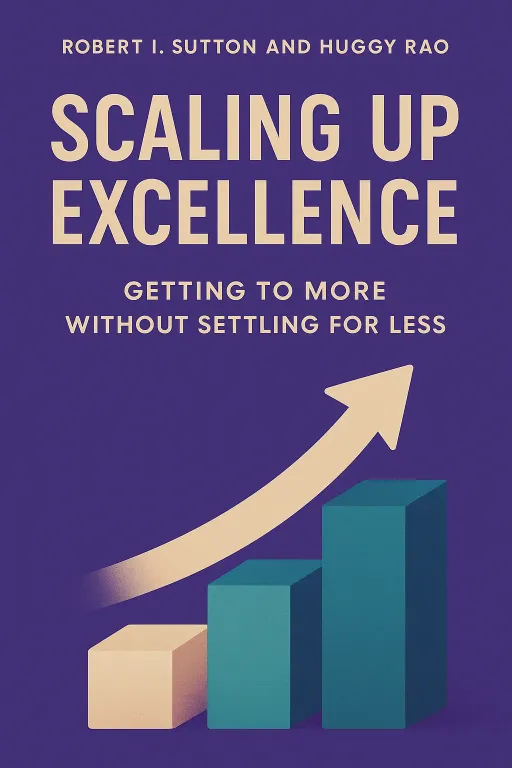
Scaling Up Excellence
Robert I. Sutton
Scaling Up Excellence tackles the challenge of spreading constructive beliefs and behavior from the few to the many within an organization. This book reveals what it takes to build and uncover pockets of exemplary performance, spread those splendid deeds, and recharge an organization with better ways of doing work as it grows bigger and older. It offers practical advice and insights for leaders and organizations looking to scale effectively without sacrificing quality.
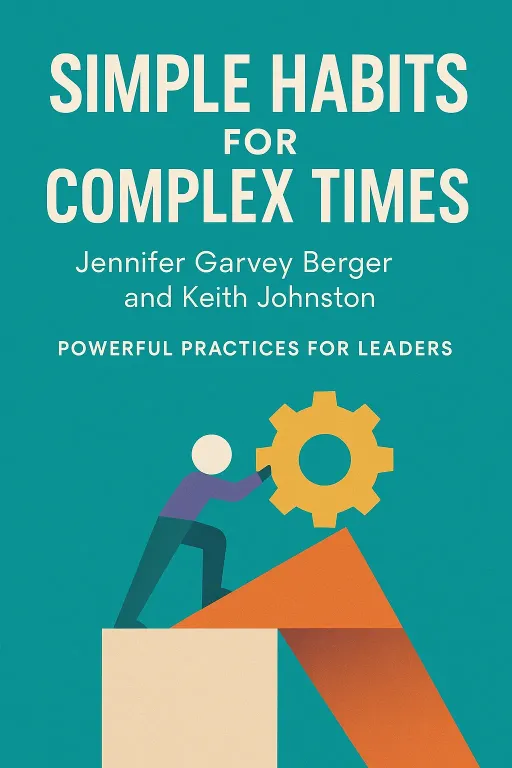
Simple Habits for Complex Times
Jennifer Garvey Berger
In today's complex and ever-changing world, leaders need new tools and approaches to thrive. "Simple Habits for Complex Times" offers practical guidance and habits of mind to navigate volatility, uncertainty, complexity, and ambiguity. Through stories and actionable strategies, this book empowers leaders to ask different questions, take multiple perspectives, and see systems in new ways, enabling them to lead with grace and create positive change.
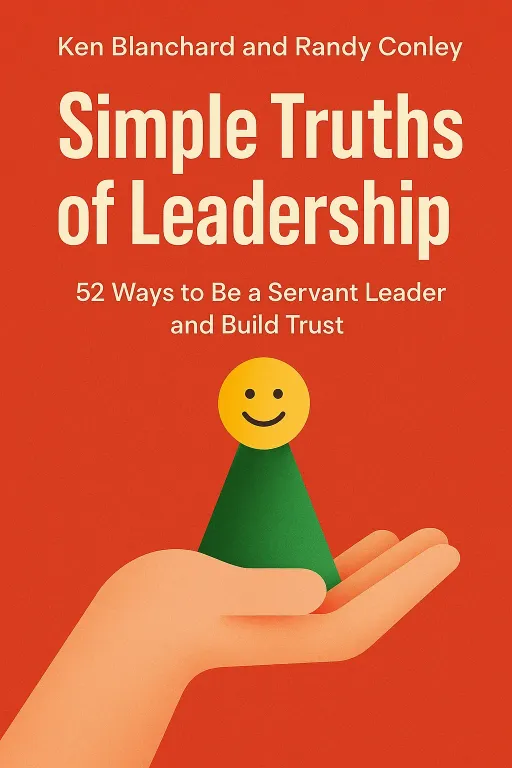
Simple Truths of Leadership
Ken Blanchard
Discover 52 simple yet powerful truths about servant leadership and building trust in the workplace. This book offers practical advice and actionable principles to help leaders create a motivating environment, foster strong relationships, and achieve great results by making common sense common practice.
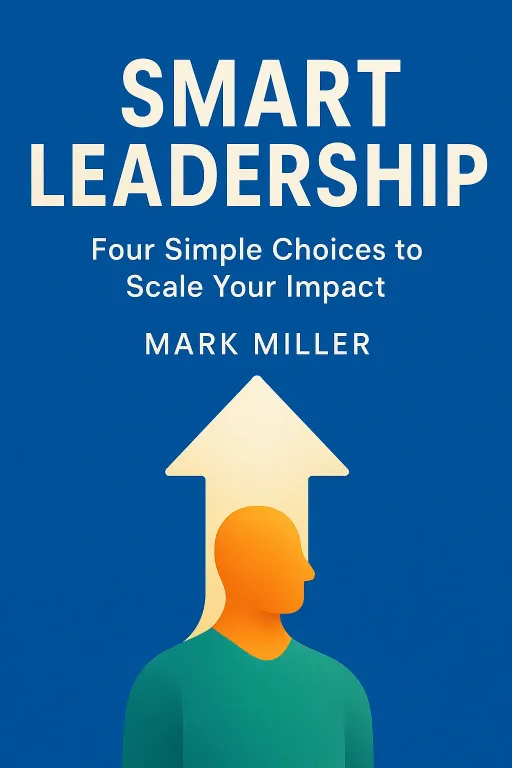
Smart Leadership
Mark Miller
Discover the four simple choices that can help you scale your impact as a leader. Learn how to confront reality, grow capacity, fuel curiosity, and create change to overcome obstacles and achieve your full potential. This book provides practical tools and insights to transform your leadership and create a lasting legacy.
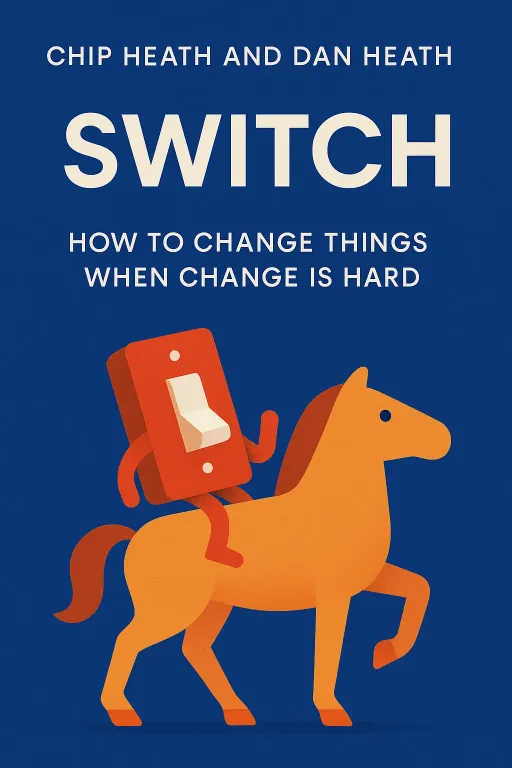
Switch
Chip Heath
Why is it so hard to make lasting changes in our companies, in our communities, and in our own lives? The primary obstacle is a conflict that's built into our brains. This book shows how everyday people have united both minds and, as a result, achieved dramatic results.